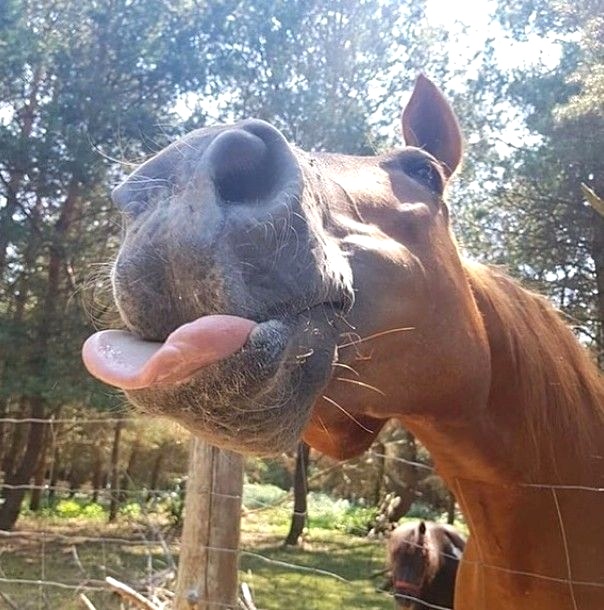Selenium is a trace mineral found naturally in the environment and is essential for proper health in horses. Low selenium levels can lead to a variety of health issues, including decreased performance and fertility. In this article, we’ll discuss the symptoms of low selenium in horses and the importance of supplementing their diets with the mineral.
What is Selenium and What are the Benefits for Horses?
Selenium is a trace mineral found in the environment, and it plays an important role in a horse’s overall health. It is essential for the proper functioning of the immune system, as well as being important for the production of energy, muscle growth, and the maintenance of healthy skin and coat. Selenium also helps to protect against oxidative damage, which can lead to inflammation and disease.
Because selenium is only found in small amounts in the environment, horses are at risk of developing a deficiency if they are not given a supplement. This is especially true of horses that are bred and raised in areas with low levels of selenium in the soil.
Symptoms of Low Selenium in Horses
The signs of selenium deficiency in horses can vary depending on the severity of the deficiency. Common symptoms include:
• Weakness and lethargy
• Poor performance
• Poor muscle development
• Poor coat and skin condition
• Reproductive issues
• Immune system issues
Testing for Selenium Deficiency
The best way to determine if a horse is deficient in selenium is to have a blood test performed. This will measure the level of selenium in the horse’s blood and provide an accurate diagnosis.
Treating Low Selenium Levels
If the results of the blood test reveal that a horse is deficient in selenium, it is important to take steps to correct the deficiency as soon as possible. The most effective way to do this is to supplement the horse’s diet with a selenium supplement.
Selenium supplements are available in a variety of forms, including injections, oral supplements, and topical solutions. The type of supplement chosen will depend on the severity of the deficiency and the horse’s individual needs.
It is important to consult with a veterinarian before giving a horse any type of supplement, as it is possible to give too much selenium, which can be dangerous.
Conclusion
Selenium is an essential trace mineral for horses, and a deficiency can lead to a variety of health issues. The best way to diagnose a selenium deficiency is to have a blood test performed, and the best way to treat it is to supplement the horse’s diet with a selenium supplement. It is important to consult with a veterinarian before giving any type of supplement, as it is possible to give too much selenium, which can be dangerous.

